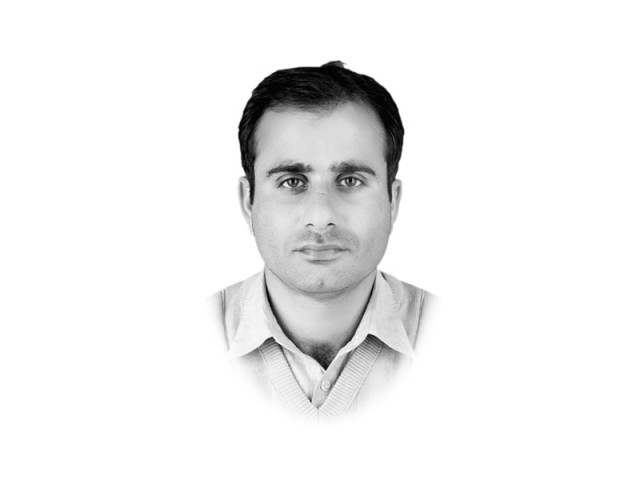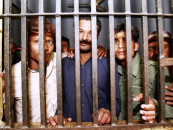Killing the humanities in the corridors of science
Growing lack of interest among researchers in humanities is one of reasons why HEC is negligent towards these subject

In Pakistan, the picture of the social sciences at the higher education level is a lot more than just gloomy. The promotion of science or engineering has been the focal point of successive governments and policymakers and the undermining of the humanities is somehow done deliberately. At colleges and universities, the social sciences and the humanities are not treated equally — a fact which is overlooked in the dominant academic corridors. It is no surprise that facilities and financial support that cushions the social sciences and the humanities at public sector universities is almost peanuts when compared with the available resources for the study of the sciences or the management sciences.
Policymakers in education forget that besides natural and scientific capability, we also need minds equipped to contemplate issues of prime importance such as ethics, truth and justice as a baseline for understanding. For instance, menaces such as moral and financial corruption, extremism, religious and ethnic discrimination and terrorism which are eating up the country need the expertise of humanities and social sciences.
By 2012, the number of PhD holders in scientific disciplines was 4,772 — showing almost a threefold increase in 10 years. But at the same time in the same year, the number of PhD holders in social sciences, humanities and business education was 3,304 — slightly more than double of what it was in 2002.
The HEC has always been claiming that it is paying attention to the social sciences as it claims to disburse 30 per cent of research funds for social sciences, though a large part of these funds remains unused. Another problem which has been shared by the senior teachers is the growing lack of interest among researchers in the humanities which is one of the reasons why HEC is negligent towards these subject areas.
Published in The Express Tribune, November 20th, 2014.



















COMMENTS
Comments are moderated and generally will be posted if they are on-topic and not abusive.
For more information, please see our Comments FAQ